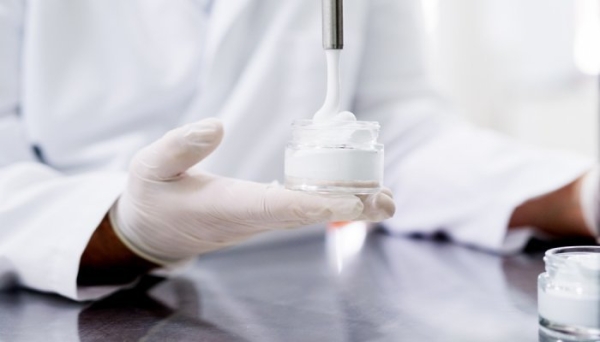
New Zealand is set to become one of the first countries to ban substances often described as “forever chemicals” from cosmetic products.
The country’s Environmental Protection Authority (EPA) said it will ban long-lasting substances perfluoroalkyl and polyfluoroalkyl — known as PFAS or “forever chemicals” — by 2027.
Precautionary approach
According to some researches, these virtually indestructible molecules can build up in the body over time and studies have linked them to cancer, infertility and environmental damage.
PFAS are not a common ingredient in cosmetic products, however they have been found in items like nail polish, shaving cream, foundation, lipstick and mascara.
“International research suggests PFAS are only found in a small number of products, but we take a precautionary approach to potential risks from PFAS. Banning these chemicals in cosmetics is part of our ongoing response, which includes phasing out all PFAS-firefighting foams and testing for background levels of PFAS in the New Zealand environment,” said Dr Shaun Presow, EPA’s Hazardous Substances Reassessments Manager.
“We know these chemicals don’t easily break down, they can build up in our bodies, and some can be toxic at high levels,” he added.
The cosmetics industry has until December 31, 2026 to phase out the use of the chemicals.
Broader regulatory update
The decision on PFAS is one of a number of updates that have been made to New Zealand’s Cosmetic Products Group Standard to ensure the rules better align with international developments. The full text is available below or on the EPA website (here).

New Zealand – Cosmetic Products Group Standard 2020 (Amended January 2024)
New Zealand will also ban the use of PFAS in firefighting foams from December 2025.
Some US states have adopted policies protecting people from PFAS and the European Union is mulling a ban, but Presow says New Zealand is among the first banning them from cosmetics. “We’re one of the first countries to do it, we haven’t seen many others yet,” he added.
